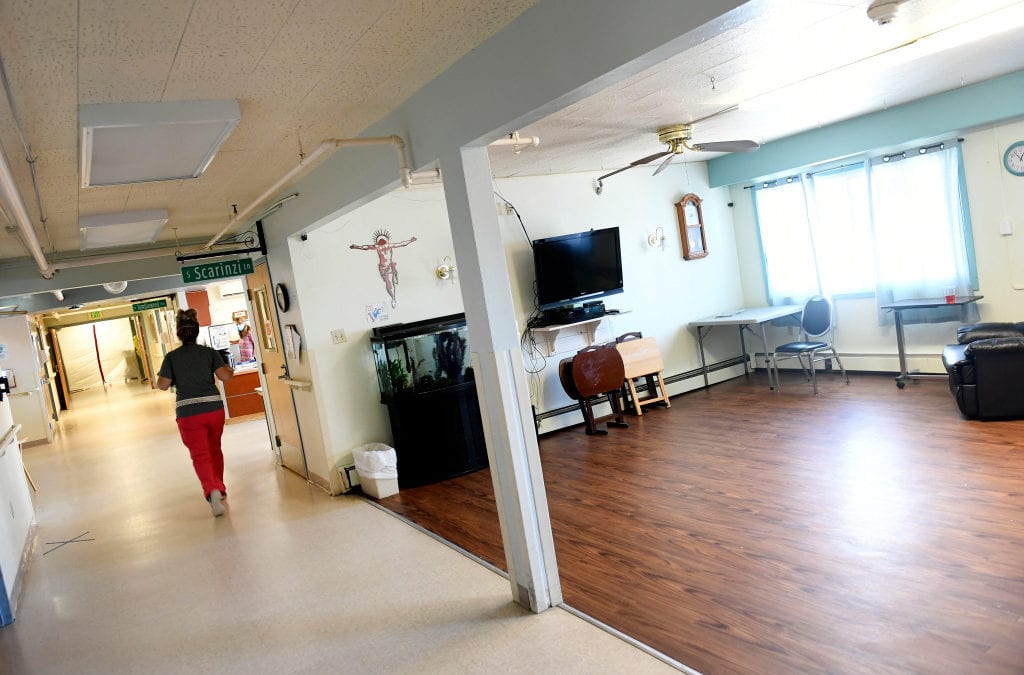Coloradans who have loved ones in a nursing home may not see them until at least February, if a federal agency grants the state’s request.
Gov. Jared Polis said Wednesday that the state would ask permission from the federal Centers for Medicare and Medicaid Services to halt nursing home visitation during the push to vaccinate residents against the new coronavirus. Visits could start again in roughly a month, after residents have received their second doses, he said.
Polis didn’t elaborate on how pausing visitation would speed the vaccination process, or on what the state would have to do to receive permission for a halt. Follow-up questions to the Colorado Department of Public Health and Environment weren’t answered by the end of business Wednesday.
The announcement came as outbreaks continue to increase in nursing homes and assisted living facilities. As of Wednesday afternoon, 148 nursing homes and facilities offering multiple levels of care had COVID-19 outbreaks. So did 161 assisted living and memory care facilities.
Overall outbreaks are decreasing as Colorado gets further from the November spike, but the trouble in long-term care facilities shows no sign of abating. The current outbreaks have infected 5,733 residents of long-term care facilities and 4,828 staff members. Five people working in long-term care and 666 residents have died of COVID-19.
Nursing home residents suffer more than most people from isolation, but they also are at a high risk of dying from the virus, Polis said. Getting them vaccinated as quickly as possible is the fastest way to get back to “the things that make life worth living,” like seeing family, he said.
“Many nursing homes have lost 10%, 20% of their resident population,” he said.
Doug Farmer, president and CEO of the Colorado Health Care Association, said its member nursing homes haven’t received any guidance about the proposed restrictions. Many homes are only allowing “compassionate care” visits, he said. Those can include visits to someone nearing death, or to assist a person who won’t eat or accept care without a family member to provide reassurance.
“If they’re talking about limiting those visitations, it would have a very deep and meaningful impact,” he said.
Farmer said people working in long-term care will be closely watching new cases in the weeks after Christmas and New Year’s. When there’s more viral spread in the general community, it’s more likely to get into nursing homes, he said.
“We’re concerned and watching what’s happening in the general public,” he said. “We don’t feel that we’ve turned a corner.”
This content was originally published here.

